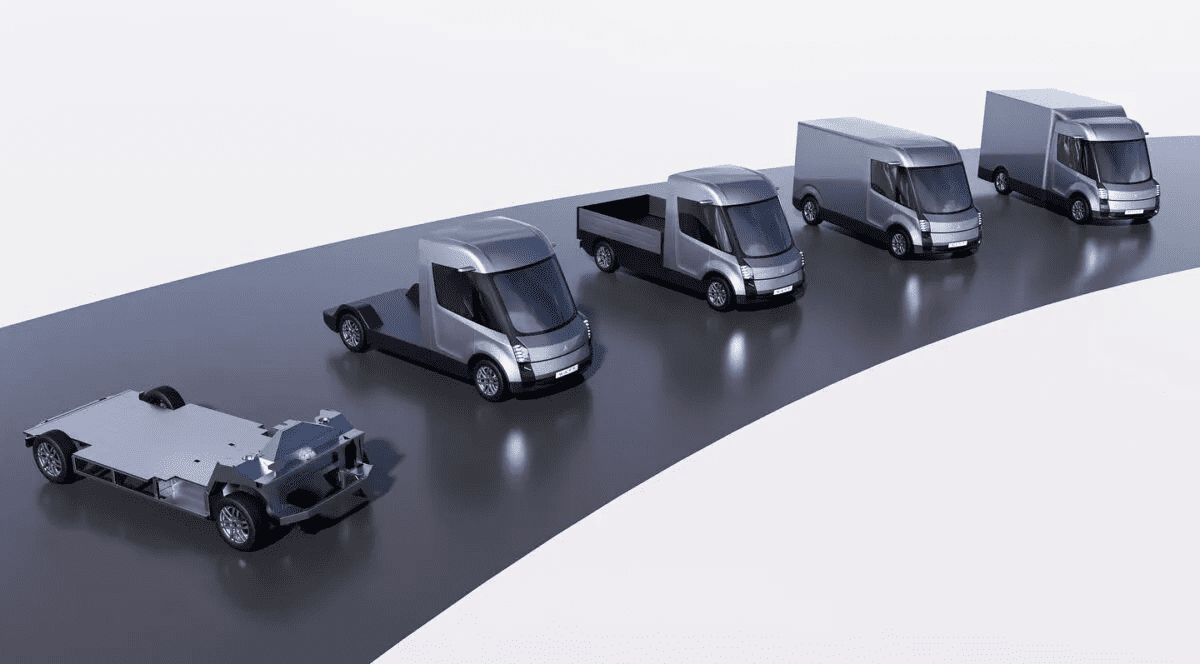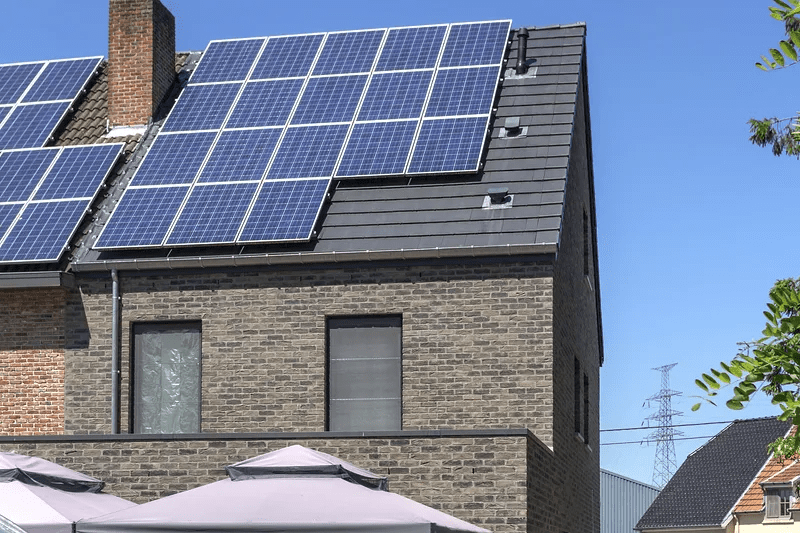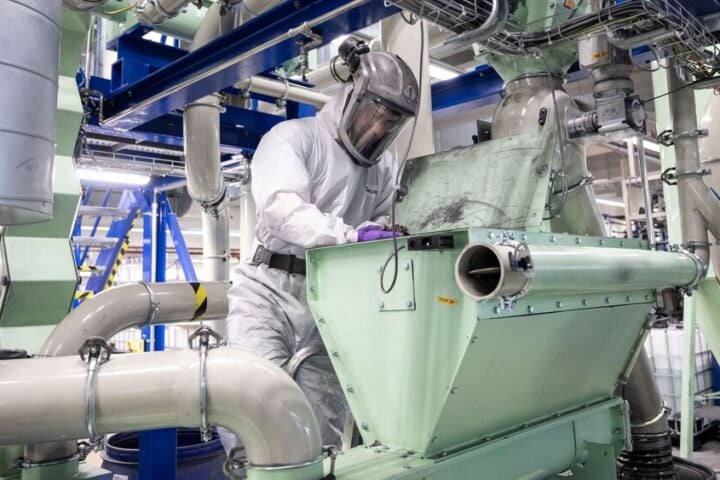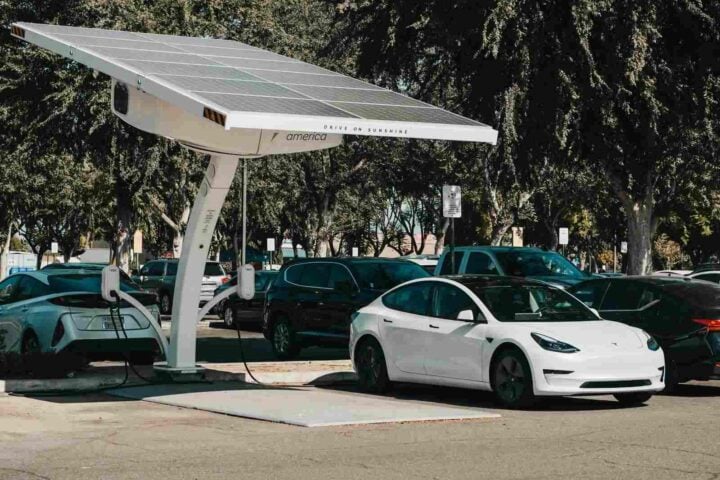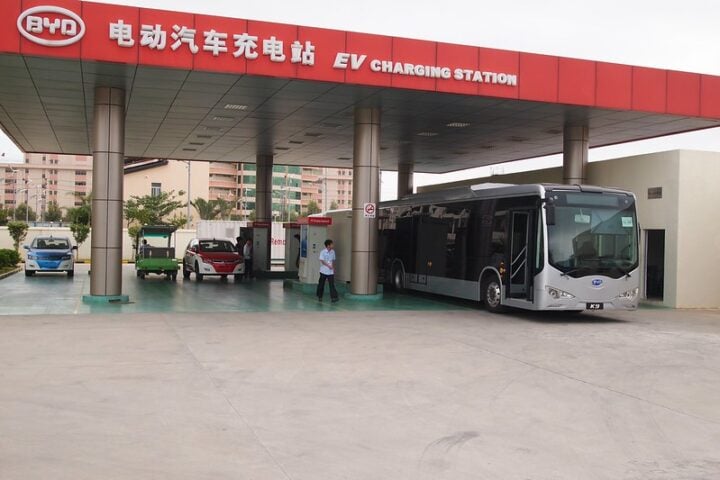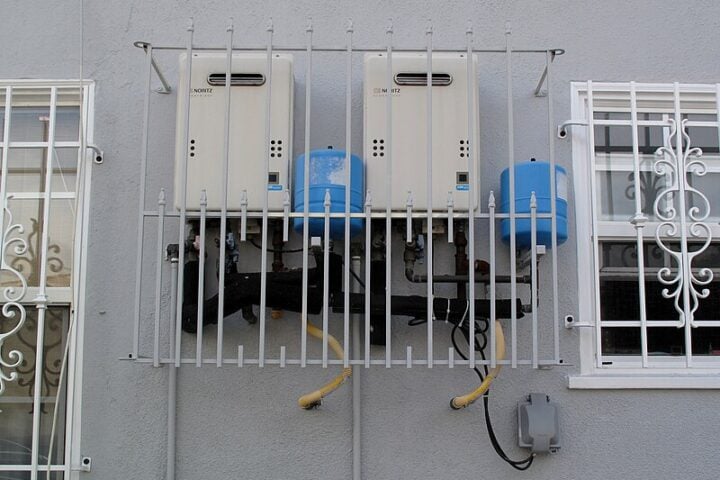British Watt Electric Vehicle Company (WEVC) has introduced its new electric commercial vehicle platform, the eCV1, for the 3.5-tonne class. The Cornwall-based company plans to manufacture up to 5,000 electric-powered commercial vehicles annually, starting this year. The new eCV1 platform builds on the company’s PACES platform unveiled in February 2021, using the “cell-to-chassis” system, similar to Tesla’s latest approach. It has a 110-kWh battery, which provides an estimated range of 290 miles. The chassis and driver’s cab are bonded and interlocked using a construction method called FlexTech, minimising weight and maximising payload.
Features and Design
The eCV1 is designed for 3.5-tonne panel vans and trucks, and its cabin is Tesla-like in design, with a central seating position and cameras instead of mirrors, offering impressive visibility to the driver. The cab is also tall enough to stand in, making it perfect for panel van configurations. The A-pillar has been repositioned inboard, reducing frontal area and drag. The platform can support one to three seats inside a large glass cabin.
PACES Platform
WEVC’s PACES platform comprises lightweight extrusions, laser-cut pieces that interlock and bond together to form the structure rather than using more expensive corner castings. The platform is flexible, scalable, lightweight, and cost-effective, and it complies with all ISO regulations and European standards for small-series type approval.
Production and Capacity
The company plans to manufacture the eCV1 platform at a factory in the Midlands, with an annual capacity of 5,000 vehicles, set to be built from scratch, engineered to suit commercial buyers seeking customised design. WEVC’s eCV1 aims to beat larger automakers to the electric van game, with a model range squarely aimed at buyers in the UK and Europe. The company has embraced circular economy principles in the design, manufacture, and operation of its commercial vehicles, aligned with increasingly stringent corporate and fleet operator sustainability responsibilities.
- Protected: Weekly Mailer Task
- GP Registration Online Now At 98.4% Of Practices As 3.8 Million Sign Ups Signal NHS Digital Shift
- Protected: Update the social media status in Content Calendar
- Colchester Zoo Sea Lion Atlanta Dies Suddenly After 21 Years—What Vets Couldn’t Confirm
- WA Measles Outbreak Grows: 15 Cases Confirmed Since March 19, 2025
Final Word
WEVC’s eCV1 platform aims to provide a cost-effective solution to commercial buyers, with a customised design that meets their requirements. The company has a planned annual capacity in the mid-four figures, and its model range is aimed at buyers in the UK and Europe seeking to beat larger automakers to the EV van game. By manufacturing electric-powered commercial vehicles, WEVC aims to meet the sustainability responsibilities of corporate and fleet operators.
